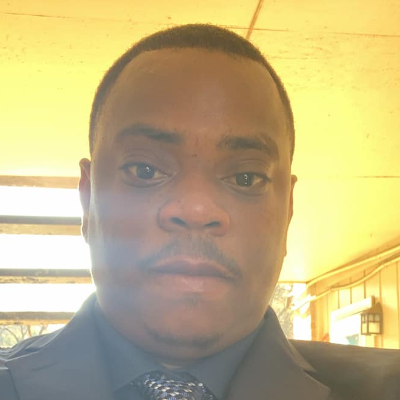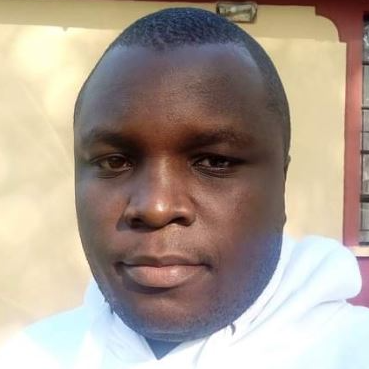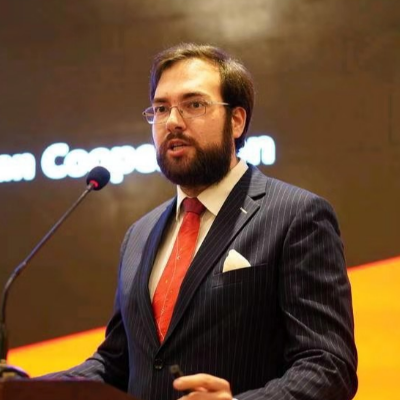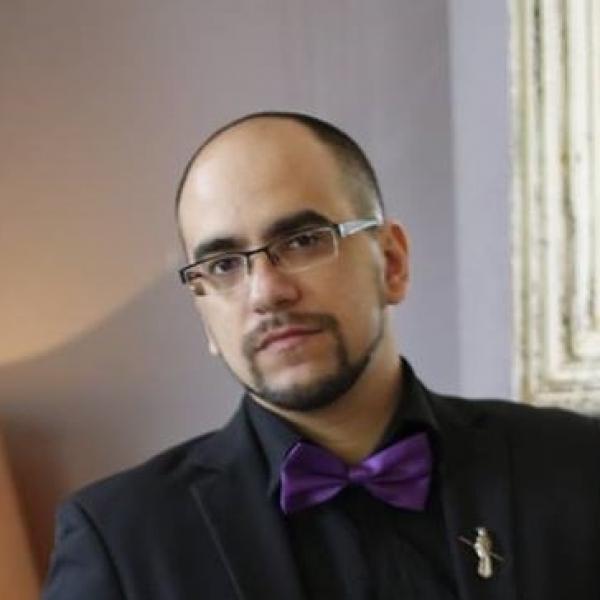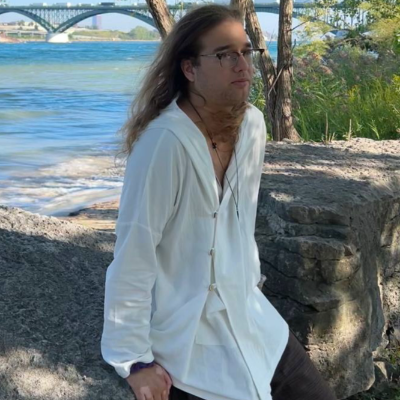Russian History
Homework Help & Tutoring
We offer an array of different online Russian History tutors, all of whom are advanced in their fields and highly qualified to instruct you.
Russian History
The name "Russia" comes from the Greek word Ρωσια - the Byzantine name for the state of Rus. From the end of the 15th century, the term Russia became the name of a Russian state with its capital in Moscow. Historically, the Russian state started as early feudal states of the East Slavic tribes - Kievan Rus and Russian lands of the 12th-14th centuries. The first recorded settlement of Slavic tribes on the River Dnieper (ancestor of the Kievan Rus) is dated around the 6th-7th century.
The most important dates that formed the history of Russia, from the very beginning until the modern age, start with the year 862. According to legend, this was the year the Varyangs (Vikings) brothers, Ryurik, Sineus and Tuvor arrived in Novgorod. Twenty years later, in 882, the Novgorodian prince Oleg came to Kiev. Kiev and Novgorod became united from that time. For the first time, East Slavic tribes were united under one lord - the Prince of Kiev.
The next important date was the year 988. The Rus accept Christianity. The Kievan prince, Volodymyr the First, made the complicated choice between the Islamic religion and Christianity.
The following dates are of importance, as well:
1147 - Moscow was mentioned in official documents for the first time.
1223, May, 31 – The Battle of Kalka took place between the Russians and the Mongols. The Russians were defeated, and from 1240 to 1480 the Rus fell under the influence of the Mongolian Empire.
1240, July, 15 – The Battle of Neva took place. Alexander Yaroslavovich defeated the Swedish forces
1242, April, 5 - Battle on the Ice. Alexander Nevsky forced ultimate defeat on German crusaders. Following that defeat it was another 800 years before the next German invasion (World War II). As a fun fact, in the modern Russian language, people use the term Battle on the Ice for the hockey match that is referred to in English as Miracle on Ice - the 1980 final game between teams of the USA and USSR. That particular battle on the ice, however, didn't go as well for the Russians as the first one.
1380, September, 8 – The Battle of Kulikovo took place, leading to the first big Russian victory over the Mongols. The Mongol Empire, however, would be influential for a further 100 years.
1478 - Novgorod became part of the Moscow Princedom. Moscow became the capital of a large state for the first time.
1480 – Saw the end of Mongolian influence. The Russian state became stronger and started to exert influence on its closest neighbors.
1485 - Tver became part of the Moscow Princedom. As a result, Ivan III took the title of "Great Prince of All Russias".
1547 - Ivan IV (Ivan the Terrible) became the Tsar. In fact, his nickname in Russian (Grozny), does not really mean terrible, but more like "strict", or "powerful".
1452-1560 - Kazan khaganate and Astrakhan khaganate became part of the Moscow Tsardom.
1589-1613 – Marked the so-called Smuta, the end of the dynasty of Ryurikovich (the last dynasty having been that of Ivan IV), and a long war for the Moscow crown ensued between different boyars and noblemen.
1649 - The Soborna Rada (Council of the Temple), took the decision for Ukraine to accede to Moscow’s influence.
1670 - The revolt of Stepan Razin, who led the Cossacks and peasants.
1682 - Peter the Great became the Tsar. He went on Azov invasions, and in 1700 the Northern war with Sweden began. That ended in the battle of Poltava, where Cossack and Russian forces defeated the army of Carolus XII. Peter the Great became the first Emperor of Russia in 1721.
1762 - Ekaterina II became the Empress of Russia. Six years later, the Russo-Turkish war started, followed by a peasant war against Pugachev, and another Russo-Turkish war in 1787.
1790, December, Russian forces annexed Izmail.
1798-1799 – An invasion to Italy and Switzerland led by Suvorov. Russian victories took place at Adda,Trebbia, and Novi.
1812, 12 June - the Patriotic War started. Napoleonic forces invaded Russia.
1812, 26 August – The Battle of Borodino. This resulted in a decisive victory for the Russian forces.
1813-1814 - Russian forces liberated Europe from the French invasion.
1853-1856 - The Crimean War. Invasion of Crimea by Great Britain.
1861, February, 19th. Elimination of serfdom brought the end of slavery in the Russian Empire.
1877-1878 - As good tradition goes... Another Russo-Turkish war occurred.
1881 - Narodovolcy (will of the people organization) assassinated Alexander II. This heralded the start of the fall of the Russian Empire. It was followed by a counter-reformation by Alexander III.
1894 - Nicholas II became the Emperor. In less than 10 years, in 1905 the first Russian revolution would start after the Bloody Sunday in St. Petersburg, when peaceful protest of workers were violently suppressed.
1907 - State revolt. State Duma (Russian parliament) ceased operating. The first revolution was over.
1914 - Russia joined World War I on the British side.
1917 – An armed revolt in Petrograd became a massive civil war that ended with the Bolsheviks coming to power. The Soviet Union emerged from it in 1922. The first constitution of the USSR was signed in 1924, but dismissed in 1936 by the new Stalinist Constitution.
1939, September 1st - World War II started with the Third Reich invading Poland.
1941, 22 June - 1945, 9 May – Marked the Great Patriotic War between the USSR and Nazi Germany, that ended in the "liberation" of Eastern European countries from German occupation.
1945, August - September – Saw the Soviet-Japanese war. Soviet troops destroyed the Kwantung army of Imperial Japan in modern mainland China over territory twice as large as Western Europe.
1955 - The Warsaw Treaty. The Soc Bloc put Central European states behind the Iron Curtain of the USSR.
1956 - XX Congress of the Communist party of the USSR. The "cult of personality" of Joseph Stalin was no longer a policy. This brought the end of dictatorship in the Soviet Union.
1962 – The Caribbean crisis (known as the Cuban Crisis in Western literature). As a response to American missiles in Turkey, the USSR tried to deploy nuclear weapons in Cuba. In the end, the two superpowers agreed that the USSR would not deploy missiles in Cuba, and the USA withdrew its weapons from Turkey.
1964 - L. Brezhnev became the General Secretary of the Communist party of the USSR. This marked the beginning of fall of the Soviet Union.
1979 - Soviet invasion of Afghanistan.
1985 - Gorbachev became the General Secretary. He would soon become the first President of the USSR.
1991 - B. Yeltsin became President of RSFSR (Russian Soviet Federal Socialistic Republic).
1991, December, 8 - B. Yeltsin (Russia), L. Kravchuk (Ukraine), S. Shushkevich (Belarus) signed the Belovezh agreement for the dissolution of the USSR.
1999, December 31 - B. Yeltsin declared his intention to leave office. V. Putin became the acting President of the Russian Federation, and was elected president on March 26th 2000.
If you have found this condensed history of Russia interesting, you might like to read A Brief History of Russia or enjoy this presentation of The Russian Revolution.
To fulfill our tutoring mission of online education, our college homework help and online tutoring centers are standing by 24/7, ready to assist college students who need homework help with all aspects of Russian history. Our history tutors can help with all your projects, large or small, and we challenge you to find better online Russian history tutoring anywhere.
College Russian History Homework Help
Since we have tutors in all Russian History related topics, we can provide a range of different services. Our online Russian History tutors will:
- Provide specific insight for homework assignments.
- Review broad conceptual ideas and chapters.
- Simplify complex topics into digestible pieces of information.
- Answer any Russian History related questions.
- Tailor instruction to fit your style of learning.
With these capabilities, our college Russian History tutors will give you the tools you need to gain a comprehensive knowledge of Russian History you can use in future courses.
24HourAnswers Online Russian History Tutors
Our tutors are just as dedicated to your success in class as you are, so they are available around the clock to assist you with questions, homework, exam preparation and any Russian History related assignments you need extra help completing.
In addition to gaining access to highly qualified tutors, you'll also strengthen your confidence level in the classroom when you work with us. This newfound confidence will allow you to apply your Russian History knowledge in future courses and keep your education progressing smoothly.
Because our college Russian History tutors are fully remote, seeking their help is easy. Rather than spend valuable time trying to find a local Russian History tutor you can trust, just call on our tutors whenever you need them without any conflicting schedules getting in the way.
